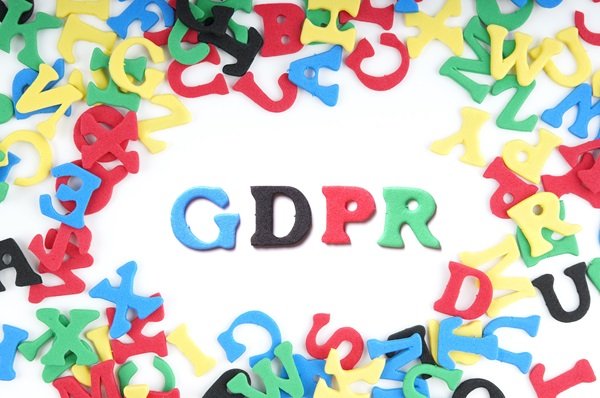
Millions of small businesses aren’t GDPR compliant, our survey finds
Published on January 10th, 2025
Introduction
In the data-driven world, safeguarding customer data is more crucial than ever. The General Data Protection Regulation (GDPR) was introduced to ensure businesses handle personal data responsibly, aiming to protect individuals’ privacy across the European Union. Despite its significance, a recent survey has revealed that millions of small businesses are still non-compliant with GDPR. This article delves into the reasons behind this issue, the potential consequences for non-compliance, and what small businesses can do to ensure they meet GDPR requirements.
1. The Importance of GDPR Compliance
GDPR is vital for protecting the privacy and rights of individuals concerning their personal data. It applies to businesses handling the data of individuals in the EU, regardless of the business’s location. The regulation requires companies to:
- Obtain explicit consent for data collection.
- Provide transparency about how data will be used.
- Securely store and protect personal data.
Failure to comply can lead to severe penalties, damage to reputation, and a loss of customer trust—risks that are particularly harmful for small businesses with limited resources.
2. Why Are Small Businesses Struggling with GDPR Compliance?
Small businesses face several challenges when it comes to GDPR compliance:
- Lack of Awareness: Many small business owners are unaware of the complexities of the regulation or assume it does not apply to them.
- Limited Resources: Small businesses often lack dedicated legal or compliance departments, making it difficult to keep up with evolving regulations.
- Overwhelming Task: For businesses with limited time and expertise, the steps toward compliance can feel daunting.
These barriers make GDPR compliance a significant challenge for many small enterprises.
3. Common Areas of Non-Compliance
The survey identified several key areas where small businesses fall short in meeting GDPR standards:
- Consent: Many businesses still use outdated or unclear methods of obtaining consent, such as pre-ticked boxes.
- Data Protection: Insufficient data encryption, poor storage practices, and weak security protocols leave personal data vulnerable to breaches.
- Respecting Rights: Many businesses do not have processes in place to handle customer requests to access or erase personal data.
These issues expose businesses to regulatory risks and security threats.
4. The Consequences of Non-Compliance
The consequences of failing to comply with GDPR can be severe, including:
- Fines: Penalties can reach up to 4% of a business’s annual global turnover or €20 million (whichever is greater).
- Reputational Damage: Non-compliance can lead to a loss of customer trust, resulting in lost business opportunities.
- Financial Loss: Businesses may also face lawsuits and compensation claims from individuals whose data was mishandled.
For small businesses, these consequences can be devastating, affecting both financial stability and long-term growth.
5. How Small Businesses Can Achieve GDPR Compliance
Although GDPR compliance can be complex, small businesses can take manageable steps to meet the requirements:
- Educate and Assess: Business owners should familiarize themselves with GDPR principles and assess their data handling practices.
- Create a Data Protection Policy: A clear policy on data protection and customer rights is essential.
- Implement Security Measures: Using encryption, securing data storage, and conducting regular security audits are key steps in protecting data.
- Appoint a Data Protection Officer (DPO): If possible, businesses should designate someone responsible for GDPR compliance, ensuring continuous monitoring.
These measures will help businesses align with GDPR and reduce the risk of non-compliance.
6. The Role of Technology in Achieving Compliance
Technology can significantly streamline the process of GDPR compliance for small businesses. Some helpful tools include:
- Data Management and Encryption Software: These solutions can secure customer data and prevent unauthorized access.
- Consent Management Platforms: These tools ensure businesses collect valid consent and document it appropriately.
- Automated Compliance Tools: Many software solutions can help track data usage, generate reports, and ensure ongoing compliance with GDPR.
By leveraging technology, small businesses can make compliance more efficient and less burdensome.
Conclusion
The survey’s findings underscore a critical issue for small businesses: millions are not GDPR compliant, exposing them to significant risks. While achieving compliance can be challenging, small businesses can take proactive steps to address these challenges. By improving data security practices, understanding GDPR requirements, and utilizing technology, businesses can protect themselves from financial penalties and reputational damage. Ultimately, GDPR compliance not only mitigates risks but also strengthens customer trust and ensures the business’s long-term success in a data-conscious world.
